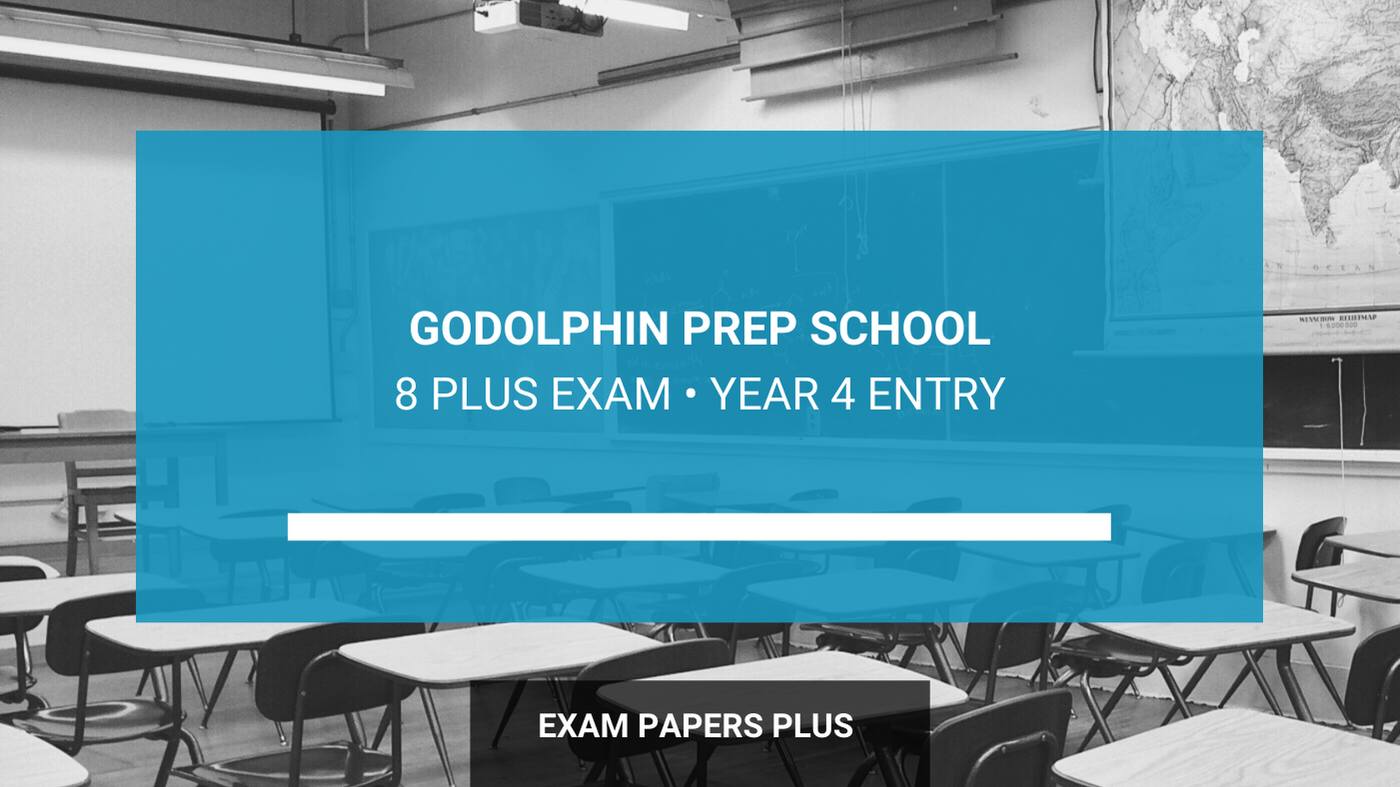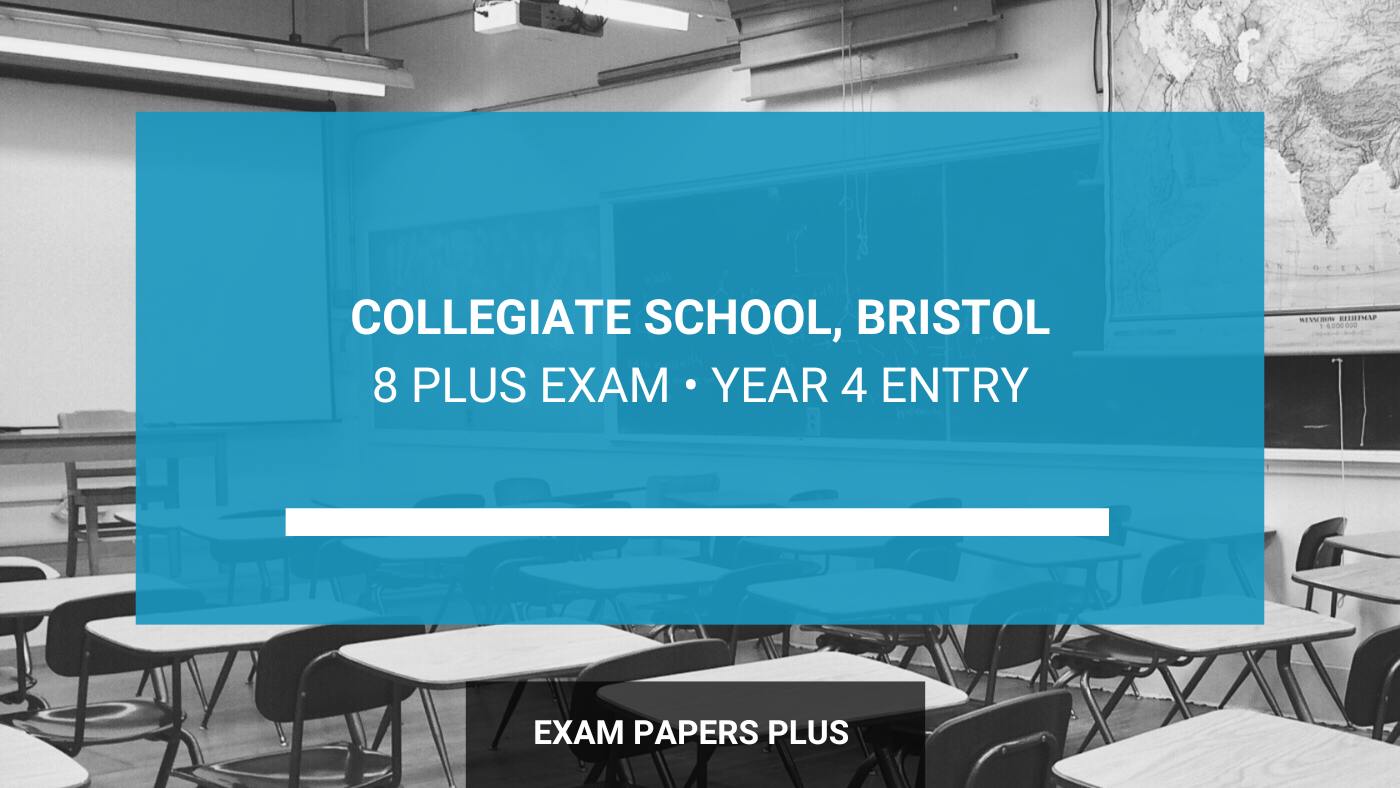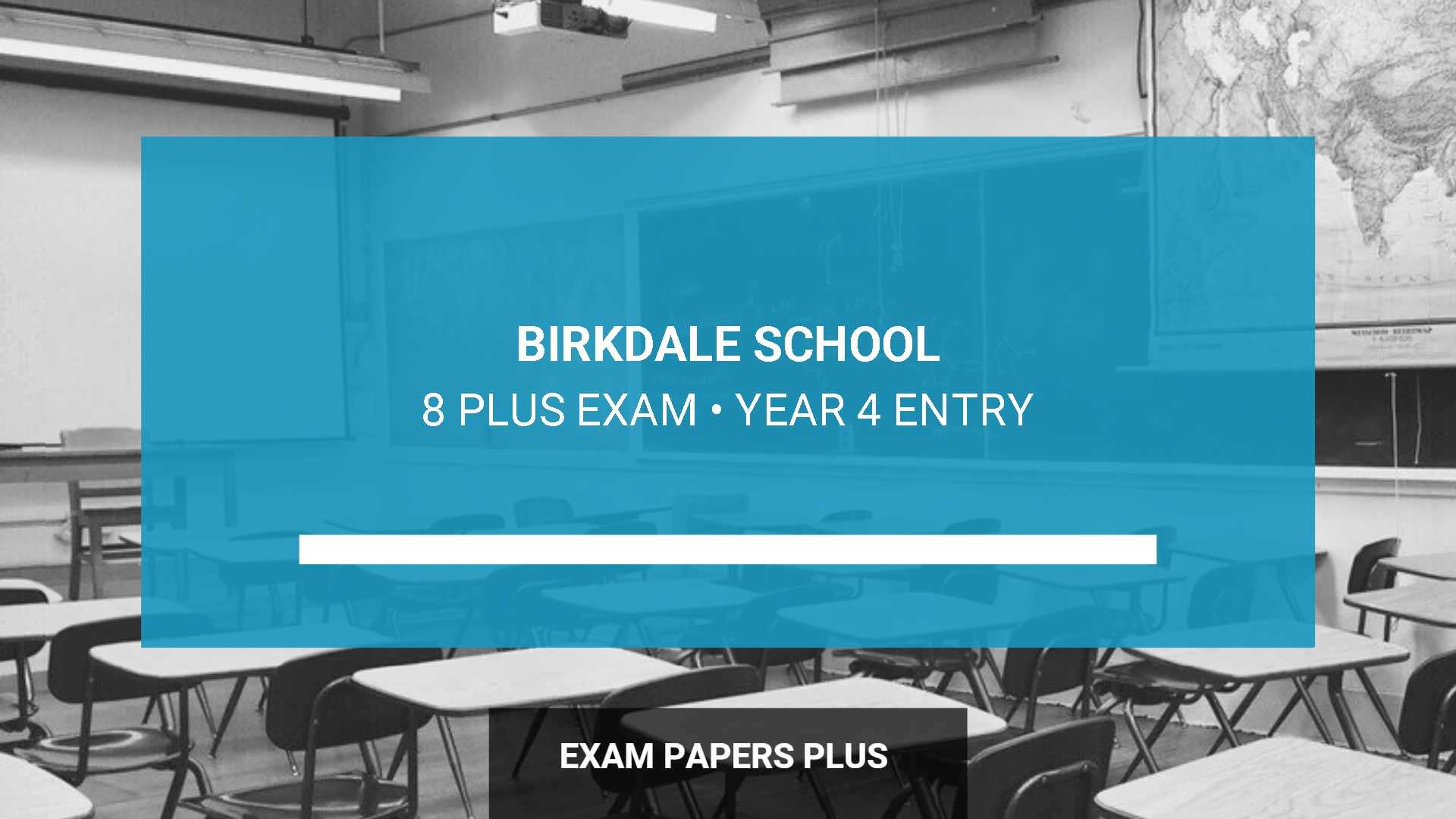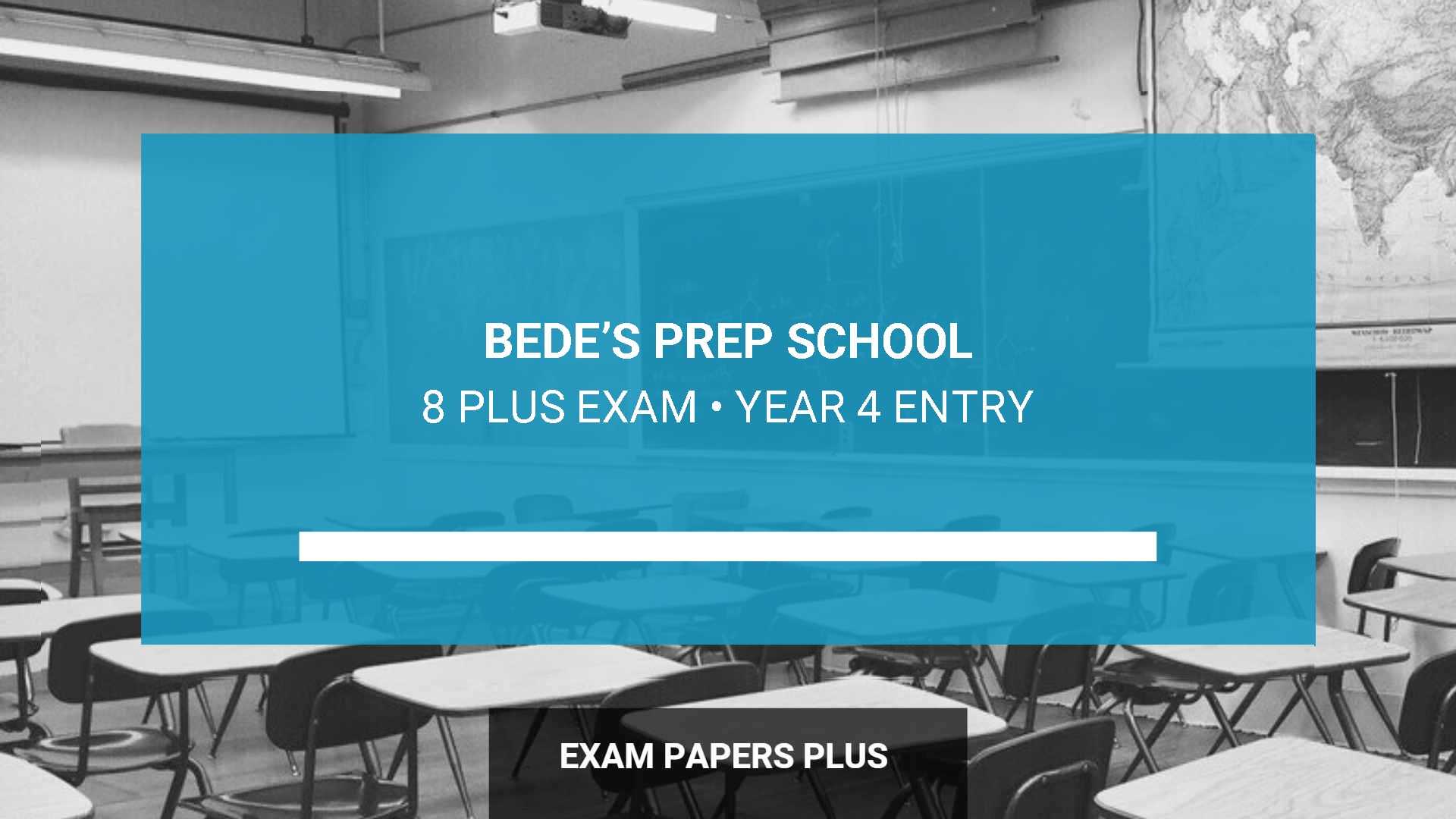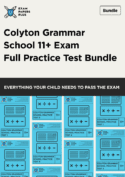
Everything You Need to Know About the 8 Plus (8+) Exam
Bookmark this page? Pop your email into the box below to receive a link to this article so you can easily refer back to it later.
Table of Contents
If your child is due to sit the 8 Plus exam for entry to an independent school, I’m sure you’ve found that there isn’t a whole lot of information out there on the 8 Plus. So, to provide you with a general overview, we’ve put together this post to help you understand the process a bit better.
What is the 8 Plus Exam?
The 8 Plus (8+) exam is taken by pupils midway through Year 3, at around 8 years old. Whereas most schools use 7 Plus exams to admit students in Year 3, there are some schools that also admit pupils in Year 4. This is known as 8 Plus entry.
In some cases, schools may admit students in Year 4 exclusively. Usually, the 8+ exam is similar in content to the 7 Plus, but is administered at a slightly higher level to reflect the older age group of pupils taking the exam.
Which Schools Use the 8 Plus Exam?
The following list outlines some of the schools that offer the 8 Plus all the time, as opposed to occasionally, when Year 4 places become available. Schools that offer the 8+ exam include:
- Dulwich Prep
- Harrodian
- Kings College Junior School
- St Paul’s Juniors (formerly Colet Court)
- Westminster Cathedral Choir School
- Westminster Under School
- Wetherby Preparatory School
What is the Structure of the 8 Plus Exam?
The 8 Plus exam is generally structured in the same way as the 7 Plus, but with a higher attainment level. The 8+ is usually taken in January and pupils then join the school the following September.
The content of the exam follows the Key Stage One curriculum and the early stages of Key Stage Two. To give you an idea of the level expected, most schools would expect pupils taking the exam to be able to achieve a minimum level 3 or above in the National Curriculum.
However, it’s worth noting that the standard expected and required at the most competitive schools is incredibly high relative to national averages.
The content and style of the test varies from school to school, so you should make sure that you know exactly what your child needs to study by contacting the school beforehand. You may wish to take a look at our school-specific 8+ posts too.
The exam focuses on Reading Comprehension, Writing and Maths as well as some verbal and non-verbal reasoning. In addition to the 8 Plus exam, schools may also ask pupils to attend an interview to gauge their readiness for entry. A report is also usually requested from the student’s current school and this is taken into consideration when allocating places.
Students are assessed on their ability to work on their own and as part of a group. Their ability to interact with other pupils and staff members is also closely monitored. Some schools may also adjust the pass mark to reflect the student’s age.
So, What’s the Difference Between the 7 Plus and 8 Plus Exam?
Generally speaking, the structure of the 7 Plus and 8 Plus exams are similar. However, the 8+ exam is pitched at a higher level and students are expected to show a comprehension and understanding of the complete Year 3 Maths syllabus as a minimum. In the English exam, pupils should be able to demonstrate a higher level of spelling and grammar and write using a range of different vocabularly. In the 8 Plus exam, there may also be separate spelling and punctuation tests.
Certain schools also test Verbal and Non-Verbal Reasoning.
How to Prepare for the 8 Plus Exam
As with preparing for any exam at primary school, little and often is the key. It can really help your child’s performance in the exam if you create a study timetable a few months before the test. The timetable should ensure that your child is covering the KS1 and relevant KS2 coursework and that they have a good understanding of the types of questions that will be asked on the day.
For the 8 Plus Maths test, you may want to take a look at the St. Paul’s Juniors Maths syllabus, which provides a great framework to structure your preparation.
For the English exam, you should focus on your child’s reading and writing skills and ensure that they’re able to write at length on a given topic. Spelling, grammar and punctuation exercises are also very useful.
For the verbal reasoning exam, try working on building your child’s vocabularly through reading and comprehension exercises.
For the non-verbal reasoning, make sure that your child has a good grasp of the various question types.
Buying 8 Plus Exam Practice Tests
At Exam Papers Plus, we believe that the most effective way to prepare your child for the 8 Plus exam is to work through practice exam questions. Not only do they help familiarise your child with the exam layout, but they’re a good way to identify your child’s strengths and weaknesses.
We have a range of 8 Plus practice exam papers that you can purchase directly from our website. Our papers cover all aspects of the exam and can really help improve your child’s confidence in the lead up to the big day.
Hiring a Tutor for the 8 Plus Exam
Many parents decide to enlist the help of an 8 Plus private tutor to help their child prepare for the exam. A little tuition can go a long way to helping your child grasp concepts they currently struggle with.
At Exam Papers Plus, we specialise in tutoring for the 8 Plus exam and we can help boost your child’s confidence. For more information on our 8 Plus tutoring service, take a look at our page here.
Bookmark this page? Pop your email into the box below to receive a link to this article so you can easily refer back to it later.





